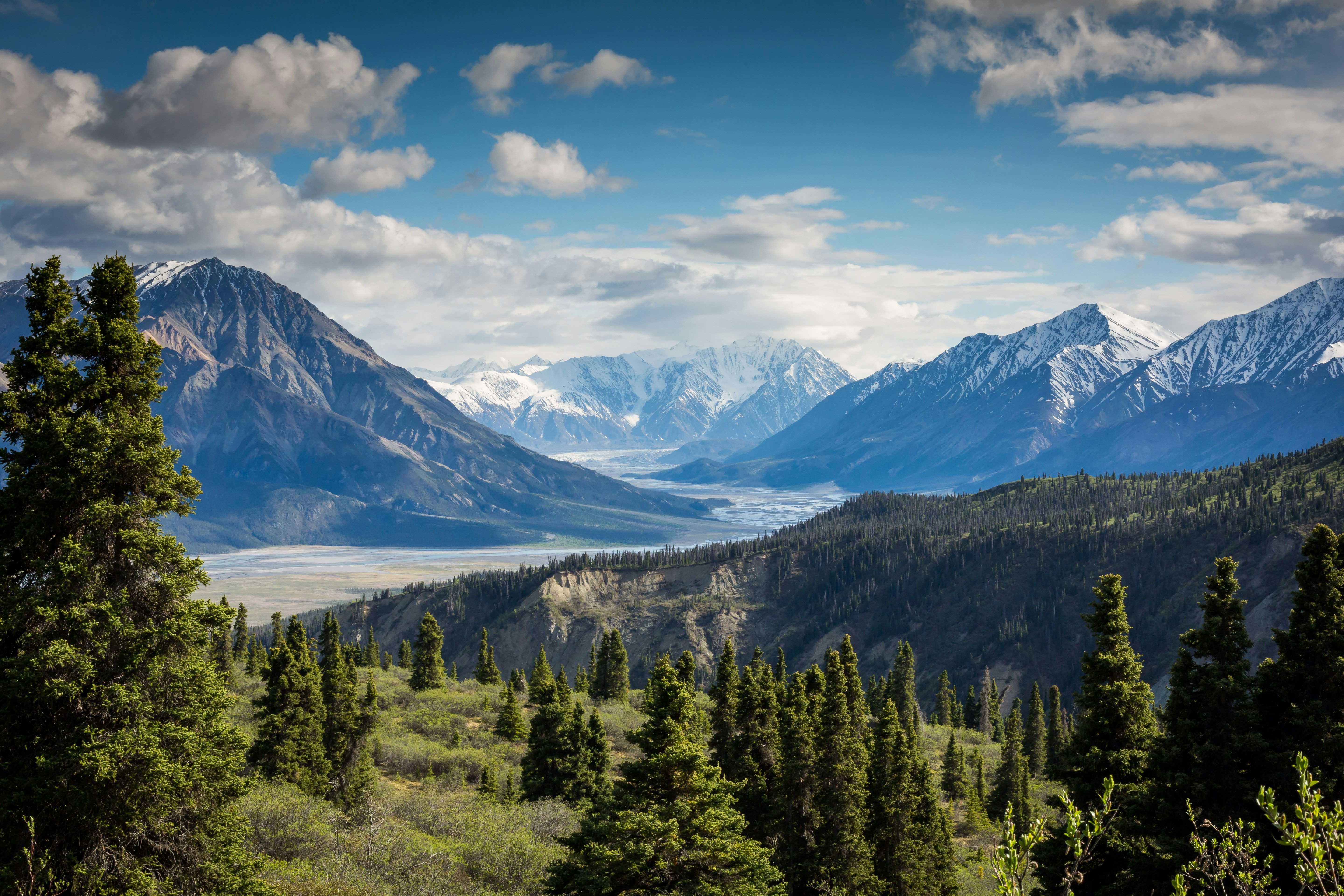Report Details Operator's Inaction: Hydroelectric Dams Paused Indefinitely due to Stalled Contract Renewals
France's Hydroelectric Standoff: Competition and EU Regulations Halt Dam Development
France, relying heavily on hydropower as its primary renewable energy source, is facing a roadblock in developing this crucial sector. This obstacle, a long-standing dispute with the European Commission, revolves around competition rules and compliance with EU state aid frameworks.
The concession regime governing over 340 dams in France, with sites like the Jarménil power plant in the Vosges, could produce more but currently represent 90% of the country's installed hydroelectric capacity. However, this concession regime has been a hurdle for years, leading to a stalemate between France and the European Commission.
Yves Dubief, the owner of the Jarménil power plant, laments the end of the concession, as he would have to buy back what his family built for a substantial sum. With five years remaining on the concession, potential upgrades to increase electricity production were abandoned due to the ROI exceeding that time frame and uncertainty about maintaining operations. An investment of 700,000 euros was planned for these upgrades, which would have been amortized over twelve years.
At the end of the concession, the Jarménil hydroelectric power plant will transition to the authorization regime. The State will reallocate it through a competitive bidding process, with the winning bidder taking ownership and permission to operate the dam for a renewable period.
The key word in this concession dilemma is competition. This applies to all dams under concession, with the 2014 European Commission directive requiring competitive bidding at the end of the concession or during major power increase works. If the current operator loses the tender, they must hand over the structure to a competitor. EDF, the main French operator, is also delaying major projects due to this standoff.
Political mobilization aims to prevent this tendering process. During a recent debate in the National Assembly, Prime Minister François Bayrou emphasized the need to "relaunch efforts in this virtuous energy," but was met with opposition from deputies who cited the development of hydropower as being hindered by the long-standing dispute with the European Commission. There is a unanimous call among French parliamentarians for hydraulic power plants to be removed from the European directive on concessions, as they play a strategic role in managing flood risks, agricultural irrigation, and cooling nuclear power plants.
If this solution proves unsuccessful, deputies are considering other options such as nationalization or granting authorizations to make companies the owners of the dams. The National Assembly's cross-party mission will present its recommendations on May 6.
Enrichment:The standoff between France and the European Commission over hydroelectric concession renewals stems from EU state aid and competition rules. The EU mandates competitive bidding for concession renewals to prevent market distortion and ensure fair competition under Single Market rules. France historically granted hydro concessions to EDF, a state-controlled entity, through non-competitive procedures, which clashes with EU directives requiring open tenders for public contracts.
EDF operates ~80% of mainland France’s hydropower capacity, with concessions covering critical infrastructure. The Commission insists concessions must be rebid competitively, while France argues EDF’s historical role ensures security and decarbonization goals. This is compounded by EDF’s green bond issuances tied to hydropower investments without competitive tender prerequisites.
The Commission’s new Clean Industrial Deal State Aid Framework (CISAF) aims to simplify green investment rules but maintains strict competition safeguards. While CISAF eases bidding requirements in some areas, hydro concessions remain contentious due to their scale and the EU's broader push to liberalize energy markets. The ongoing dispute reflects broader tensions between national energy sovereignty and EU market integration.
- The dispute between France and the European Commission over hydroelectric concession renewals is primarily due to EU state aid and competition rules.
- EDF, a state-controlled entity operating around 80% of mainland France’s hydropower capacity, has historically been granted hydro concessions through non-competitive procedures, conflicting with EU directives.
- The European Commission insists that concessions must be rebid competitively to prevent market distortion and ensure fair competition under Single Market rules.
- Parliamentarians in France are calling for hydraulic power plants to be removed from the European directive on concessions, arguing that they play a strategic role in managing flood risks, agricultural irrigation, and cooling nuclear power plants.
- The National Assembly's cross-party mission will present its recommendations on May 6 to potentially address this issue, with options such as nationalization or granting authorizations to make companies the owners of the dams being considered.
- This standoff, which is compounded by EDF’s green bond issuances tied to hydropower investments without competitive tender prerequisites, reflects broader tensions between national energy sovereignty and EU market integration.









